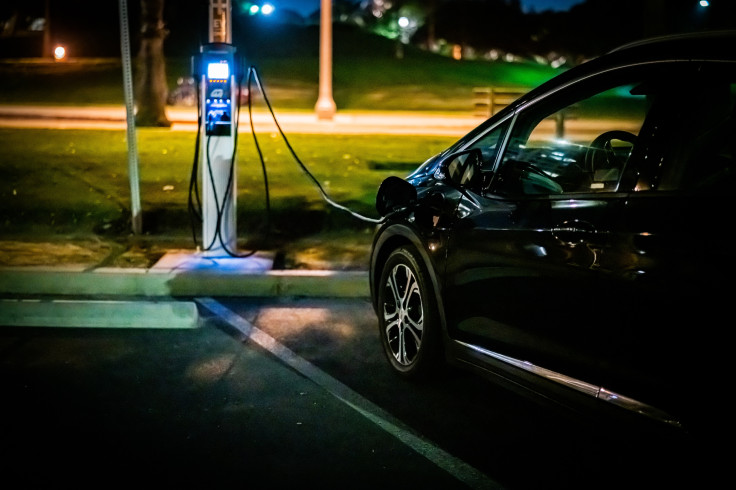
Latinos care about climate change and see electric vehicles as a way to reduce their carbon footprint. However, EV adoption remains low among the Hispanic population. The reasons are not exclusively economic: educational and systemic barriers come into play too.
This comes as EV ownership in the U.S. slowly rises. According to a Pew survey, 9 percent of all U.S. adults currently own an electric vehicle, which is up two percentage points since 2020. The survey also noted that 38 percent of U.S. adults would consider an EV as their next vehicle.
In 2022, Consumer Reports partnered with Green Latinos, EVNoire and the Union of Concerned Scientists to analyze the lagging EV ownership rates across certain racial demographics. They published a report outlining the findings and proposals to increase ownership. According to Dr. Quinta Warren, Associate Director of Sustainability Policy for Consumer Reports, EV ownership among Latino and Black communities remains low due to barriers involving education and infrastructure.
"The general feeling had been that these communities just are not interested, and so the findings were surprising," said Warren.
In the report, people across all demographics who were interested in purchasing or leasing an electric vehicle stated that charging infrastructure was their biggest concern. For Latinos and communities of color, accessing charging stations is much more difficult than the rest: The majority of charging stations are in major cities and in majority-white neighborhoods. This has discouraged people of color from purchasing EVs as they would have to travel further to charge or adapt their homes to support high-voltage charging and charge at home, which presents another issue for Latinos.
Charging at home is more convenient and economical; however, despite rising homeownership rates among Latinos, many Latinos live in apartments, making home charging unfeasible for a number of people.
"Right now, a lot of people who buy EVs tend to charge at home, but that's because people who buy EVs currently own their homes," said Warren. "Communities of color have a lower rate of home ownership, and so we need other solutions."
Other barriers preventing Latinos from owning electric vehicles include education and awareness. "EVs are mysterious to people who've just never seen them or never experienced them," said Warren.
According to Warren, communities of color don't interact with EVs as often, and, as a result, they are unaware of the substantial maintenance savings that come with owning one. On average, people who own an electric vehicle save between $6,000 to $10,000 over a car's life cycle compared to owning a gas-powered vehicle; however, many still believe that EV maintenance and ownership is more expensive than that of gas cars. Limited access can also create false perceptions that electric vehicles are complicated machines that are more different to drive than gas-powered cars.
To combat this, the report suggested that community groups and car manufacturers help people understand EVs on a deeper level so they can more easily overcome some of the barriers to owning one.
"The more experienced people had with EVs, the more likely they are to want to buy and own one," said Warren. "Something as simple as just seeing an EV in your neighborhood actually creates more of an impetus to want to own one."
To boost ownership rates, Warren says that more charging infrastructure needs to be built, and it needs to be done equitably to avoid charging deserts. The government is working on this issue, and in September, the Biden-Harris Administration allocated $100 million to make EV charging more accessible. The plan also has stipulations to invest in underserved areas. Other incentives would also need to be instituted, such as a scrap-and-replace program that eliminates polluting vehicles in low-income communities and replaces them with zero-emissions vehicles.
"These programs are designed to get people at those income levels into cleaner cars like electric vehicles, by taking the old car and providing them a substantial help towards purchasing a new [cleaner] car," said Warren.
© 2025 Latin Times. All rights reserved. Do not reproduce without permission.






